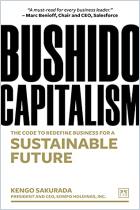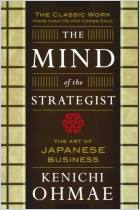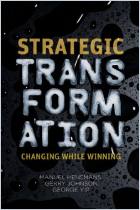
Japan's Business Renaissance
How the World's Greatest Economy Revived, Renewed, and Reinvented Itself
Recommendation
Do you remember the 1980s cascade of management tomes extolling the ancient principles of Japanese management? Welcome back. At that time, Japanese corporations were asserting themselves globally and seemed invincible in almost every industry. Then, everyone wanted to learn from Japan (to the profit of many authors and consultants). However, the collapse of the Japanese stock market in 1989 precipitated a new way of thinking about Japan. Instead of being a global exemplar, Japan became a global disgrace as news emerged of financial corruption, of inflexible bureaucracy, of agency risk gone amok, of self-serving and incestuous dealings between banks and companies, and, above all, of the insane overvaluation of Japanese stocks and real estate. Now, 15 years after the collapse, in the wake of a few years of apparent Japanese recovery, though not a rebound to 1980s levels, authors Mark Fuller and John C. Beck dust off the myth of ancient Japanese magic. They offer a skillfully retailored hand-me-down of a familiar, somewhat imperial suit. The emperor may still lack a full wardrobe, but not everything is old. The book includes some novel findings from recent attitudinal surveys of Japanese managers, and observations from the handful of Japanese companies that have managed a turnaround. getAbstract.com suggests this as an interesting ride on the swinging pendulum of the Japanese economy, with a look at what makes it tick.
Summary
About the Authors
Mark Fuller is co-founder, chairman and CEO of a strategy consultancy firm. John C. Beck is the co-author of The Attention Economy and Got Game, president of a management consulting firm and former director of international research for an international consultancy.





















Comment on this summary or Начать обсуждение